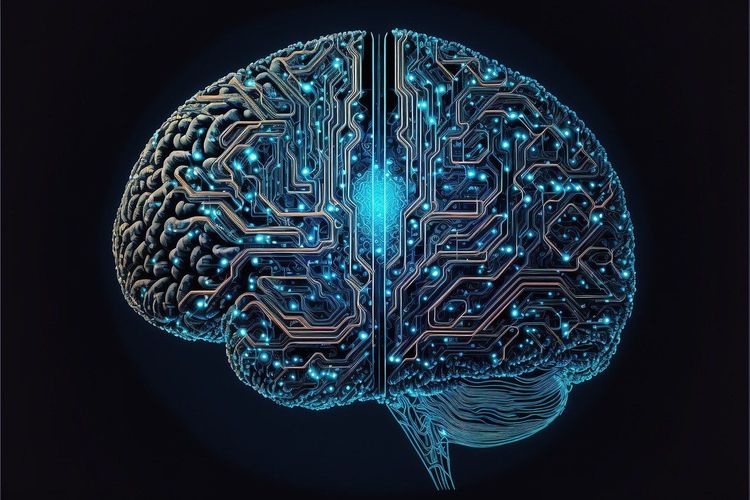On Monday morning, numerous authors awoke to discover that their books had been uploaded and analyzed without their consent into a vast dataset. This initiative, launched by the cloud word processor Shaxpir, aimed to evaluate over 27,000 titles based on the “vividness” of their language. Prominent authors, including Young Adult sensation Maureen Johnson and Celeste Ng, author of "Little Fires Everywhere," voiced their concerns about Prosecraft’s actions, which involved training a model on their works without permission. Surprisingly, even newly published books were among those uploaded.
Following a wave of justified outrage online, Prosecraft creator Benji Smith took the site offline. It had been operational since 2017.
“I’ve dedicated thousands of hours to this project, refining and annotating text,” Smith acknowledged. “But as AI technology emerged, it became associated with early applications that allow anyone to create effortless impersonations of artists, sidelining those creators in their artistic process.”
Smith’s Prosecraft did not generate AI content, but authors were concerned it could evolve into one, as he had compiled a dataset comprising a quarter billion words from various published books found online. The platform presented two excerpts from a book, highlighting one deemed “most passive” and the other “most vivid,” subsequently ranking the books on their vividness, length, and passivity.
“It’s infuriating for writers like me because style isn’t the same as drafting a business report that requires an active voice,” emphasized author Ilana Masad. “Style is unique!”
Despite not responding to various inquiry requests, Smith expanded on his intentions in his blog, where he asserted, “I believed I was adhering to the Fair Use doctrine since I only published summary statistics and limited snippets, which didn’t necessitate the original author’s consent.” Many authors expressed frustration over the inclusion of major spoilers among the excerpts.
While Smith issued an apology, authors remain deeply troubled. The rapid growth of AI tools has created a frustrating cycle for creators. Whenever they remove their work from one database, they discover it has been used to train another AI model.
“It seems typical for these sites to operate first and then hope no one notices before becoming defensive when they inevitably do,” Masad remarked.
The rise of generative AI and the growth of self-publishing have combined to facilitate unscrupulous practices. Platforms like Amazon are inundated with low-quality, AI-generated travel guides and children’s books. Since tools like ChatGPT are trained on an extensive range of internet data, this means genuine travel writers and children’s authors face the risk of unintentional plagiarism.
Author Jane Friedman shared her experience in a recent blog post titled “I’d Rather See My Books Get Pirated Than This,” where she detailed her impersonation on Amazon, where unauthorized AI-generated books were sold under her name. Even after Friedman successfully removed these fake titles from her Goodreads page, Amazon initially resisted taking down the books for sale unless she had trademark rights to her name.
Following the virality of Friedman’s situation, Amazon responded by removing the misleading listings. Ashley Vanicek, an Amazon spokesperson, stated: "We uphold clear content guidelines for book listings and investigate any concerns promptly. We value feedback from authors and collaborate with them to resolve issues. We strive to ensure a trustworthy shopping environment that protects both authors and customers.”
Although Prosecraft and Amazon ultimately conceded to authors' demands, many instances exist where writers’ voices go unheard—this is also a key reason behind current strikes by Hollywood writers regarding AI usage in their industry.
“A writer isn’t genuinely worried that AI will destroy literature because that’s not how it functions. Everything I’ve seen from ChatGPT is often dull, lacking genuine voice, craft, or style,” Masad commented.
Yet, she fears that publishers may be led to believe otherwise, potentially replacing marketing teams with AI-generated promotional content. “It’s disheartening,” she confessed.
Update, 8/8/23, 9:30 PM ET: Added comment from Amazon spokesperson.
AI cannot replace human creativity.
AI-generated stories are overwhelming science fiction publishers.







